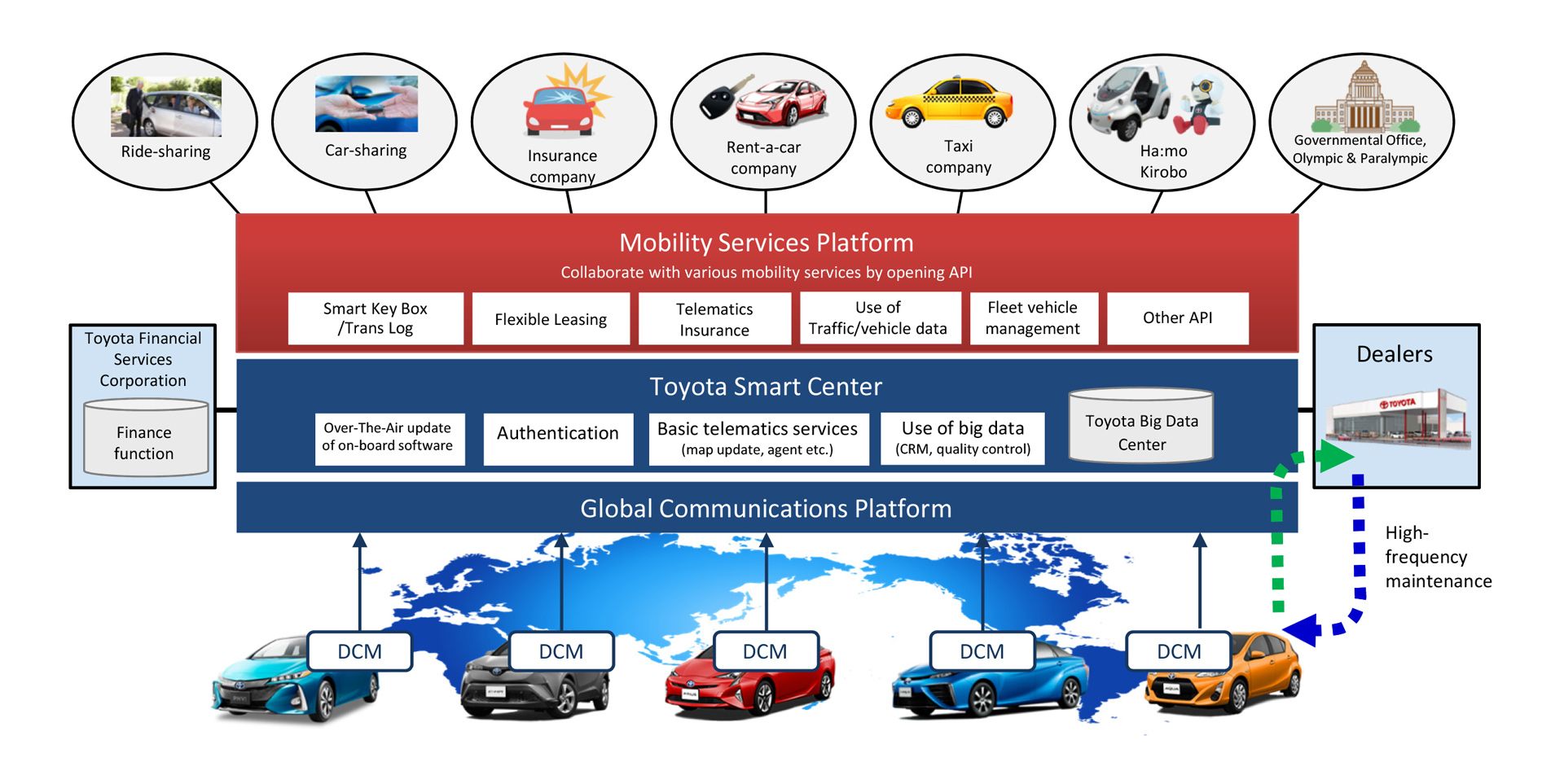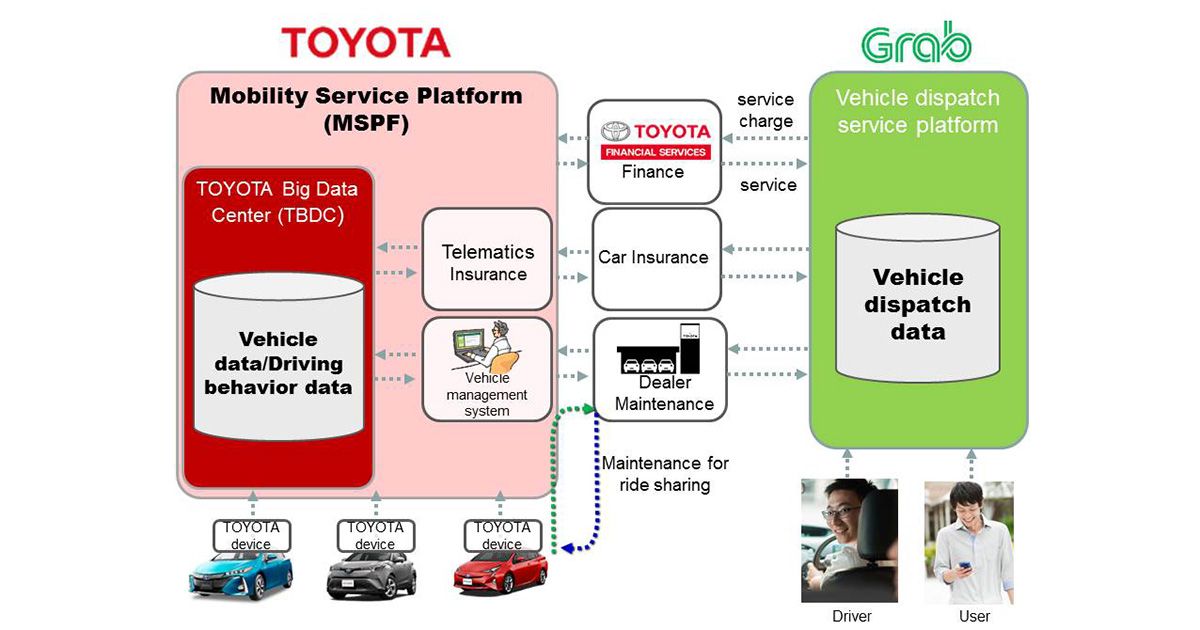For a while now, Toyota has been collecting some data via its “Mobility Services Platform” which the company claims helps it develop and deploy future data-driven mobility services in regard to safety, security, comfort, and convenience. This happens through the Data Communication Module on newer cars, and Toyota has now announced that it’s looking to expand that even more thanks to an increased collaboration with Amazon Web Services. There sounds like there could be some added benefits here, but it also immediately raises the privacy flag. Let me explain…
Data-Driven Insurance Premiums Sound Good But Could Be a Big Problem
Today, most major auto insurance companies allow you to track your driving patterns – mainly mileage and speed via a mobile app on your phone or a device that plugs into your car’s OBD II port. By Toyota’s expanding of its Mobility Services Platform, it seems as if the company is going to take even more data.
In other words, Toyota would have the ability to track just about everything you do in your car from what radio stations or music you listen to all the way to how fast you drive, how hard you brake, your vehicle’s location, and the like. All the data will be uploaded to Amazon’s AWS infrastructure, however, the company hasn’t revealed what services it will use. Most likely, Toyota will make use of AWS S3 and Kinesis for storage and analytics, but the real takeaway is what data it’s going to share with insurance companies and\or advertising companies.
Of course, there could be no real privacy concerns at all, but with all the connected car hacking that has already happened, and abuse of data by global corporations, it certainly makes one question what could happen. Allowing insurers to source driving data from automakers certainly has plenty of potential pitfalls, so it’s worth taking note of at the very least.



